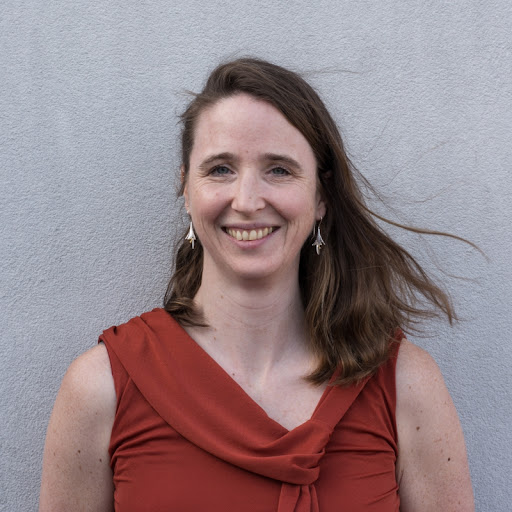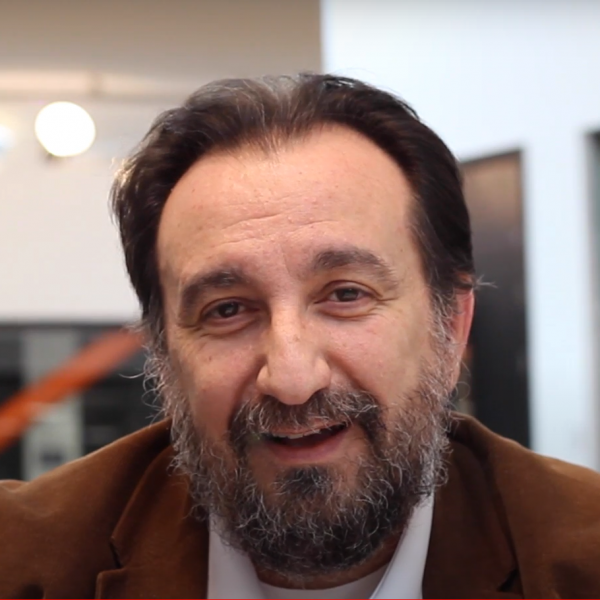In the latest In Silico Talks our partner Insilicotrials.com interviewed Marian Bubak, Scientific Affairs Director of the Sano Centre for Computational Medicine in Krakow, Poland. He obtained M.Sc. in Technical Physics and Ph.D. in Computer Science from the AGH University of Science and Technology, Krakow, Poland. He also leads the Laboratory of Information Methods in Medicine at ACC Cyfronet AGH, is a staff member of the Department of Computer Science AGH, and is the Professor of Distributed System Engineering (emeritus) at the Informatics Institute University of Amsterdam. His research interests include parallel and distributed computing and quantum computing. He served key roles in about 15 EU-funded projects and authored about 230 papers.
Prof. Bubak is involved in research focused on the elaboration of problem-solving environments and decision-support systems for medicine using modern distributed computing infrastructures. Since 2002 this program is financed mainly by projects of the European Commission. Particularly important partners in these works are the University of Sheffield in Great Britain, University of Amsterdam, Juelich Supercomputer Centre in Germany, LMU in Munich. Besides them, he participates in research with many other institutions in Europe including hospitals in Sheffield, Berlin, and Eindhoven.
“As a result of this successful scientific collaboration a new scientific institution – Sano Centre for Computational Personalized Medicine International Research Foundation – was established in 2019 in Krakow. Sano is funded by the European Union, the Foundation for Polish Science, and the Ministry for Education and Science. Our team conducts research on new computer predictive methods for selected diseases, including the use of machine learning and image processing. We are trying to find new solutions to improve our Model Execution Environment which is an easy-to-use platform for the development, deployment and execution of large-scale simulations required for the elaboration of solutions and tools applicable in the clinical setting as decision support systems. The focus is on providing repeatability, replicability, and reproducibility; all these in context of extreme-scale computing methodology”.
The Sano research program covers in silico medicine research areas such as modeling and simulation, data science, data analysis, artificial intelligence, machine learning, image processing, IT methods in medicine, large-scale computing, and decision-making support systems. Individual in silico patient treatment planning solutions are well developed, but they are tailored for a specific clinical domain.
“The challenge is to integrate this approach across many clinical domains”, Prof. Bubak explains. “Modeling and simulation allow devices, drugs and interventions to be evaluated over an enormous trial population covering a statistically complete target treatment population, with HPC infrastructure that may hugely reduce time and cost. The European Commission has been supporting for long-time modeling and simulation and specifically a medicine research initiative called the Virtual Physiological Human, promoted by the VPH Institute. In the USA, regulators have already embraced simulation to build entire virtual populations. According to my best knowledge, computational methodologies are already maximizing data utilization and providing novel biomarkers”.
“Modern medicine should adopt advanced computational technologies and the data systems that can access all the latest knowledge and match them to data of individual patients with a clinical decision support system. Bringing it into routine clinical practice offers a huge potential for increasing healthcare quality and efficiency. As a result, treatments will be optimized, a number of organizational issues will be migrated to machines, and we may expect to reach clinical consistency supported by artificial intelligence”.
The aim of Sano Center is to transfer the solutions elaborated in research programs to hospitals as well as to the healthcare practice and industry.
“The most important obstacle is a lack of understanding, a lack of common language, and for this reason, the Sano’s mission consists of 4 directions: development of new computational methods, algorithms, models and technologies related to personalized medicine. Contribution to new educational programs of modern medicine at the University of Krakow and maybe in other places. Introducing new diagnostic solutions to everyday healthcare practice and therapeutic methods based on computer simulations. Last but not least is the development of enterprises creating technologies that enable the introduction of these new diagnostic and therapeutic methods“.
Prof. Bubak is part of a Horizon 2020 project we are involved in, In Silico World.
Original source: here.



